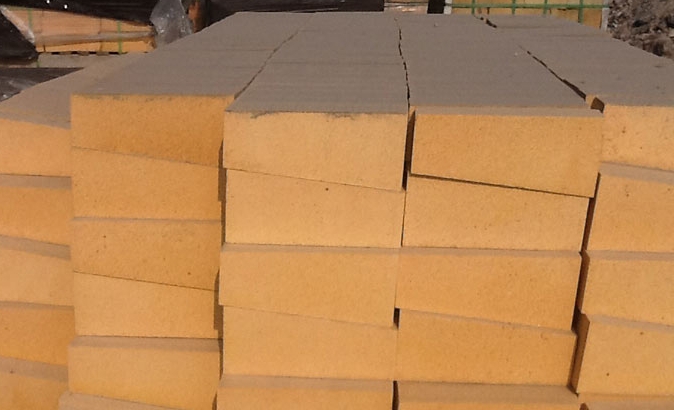- 06
- Jan
What are the differences between high alumina bricks and clay bricks
Які відмінності між ними цегла з високим вмістом глинозему and clay bricks
a. The refractoriness of high-refractory alumina bricks is higher than that of clay bricks and semi-silica bricks, reaching 1750~1790℃, which is a high-grade refractory material.
b. Load softening temperature Because high aluminum products have high Al2O3, less impurities, and less fusible glass, the load softening temperature is higher than that of clay bricks, but because mullite crystals do not form a network structure, the load softening temperature is still Not as high as silica bricks.
c. The slag resistance high alumina brick contains more Al2O3, which is close to neutral refractory materials, and can resist the erosion of acid slag and alkaline slag. Because it contains SiO2, the ability to resist alkaline slag is weaker than that of acid slag. some. Mainly used for lining of blast furnaces, hot blast stoves, electric furnace tops, blast furnaces, reverberatory furnaces, and rotary kilns. In addition, high alumina bricks are also widely used as open hearth regenerative checker bricks, plugs for pouring systems, nozzle bricks, etc.
However, the price of high alumina bricks is higher than that of clay bricks, so it is not necessary to use high alumina bricks where clay bricks can meet the requirements. The price of high-alumina bricks often varies greatly according to the aluminum content requirements, and the effect of use is also very different.

